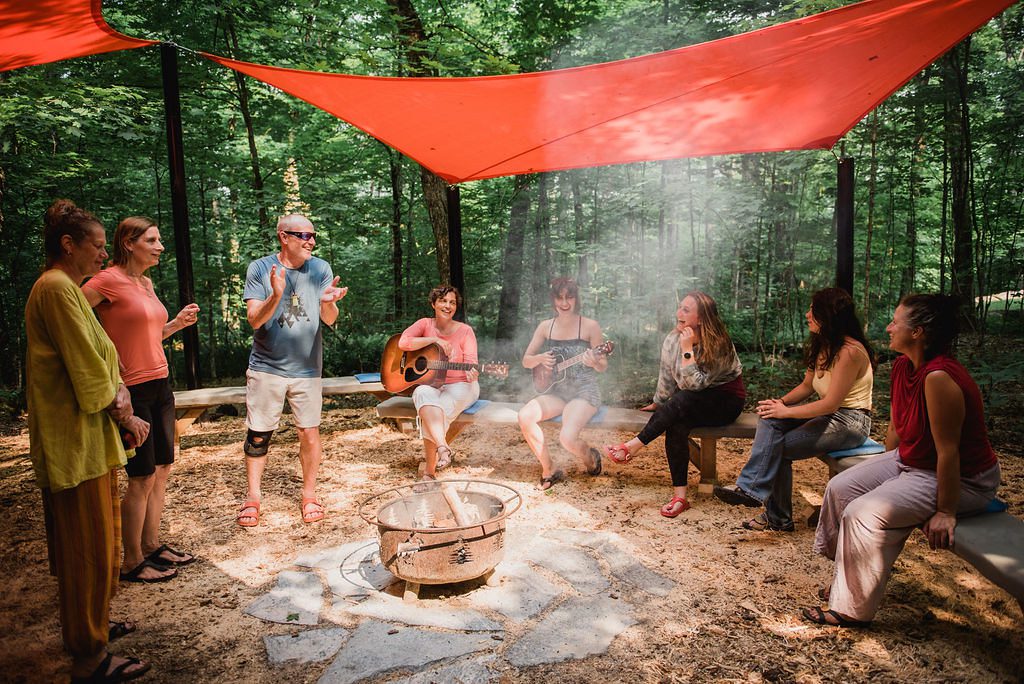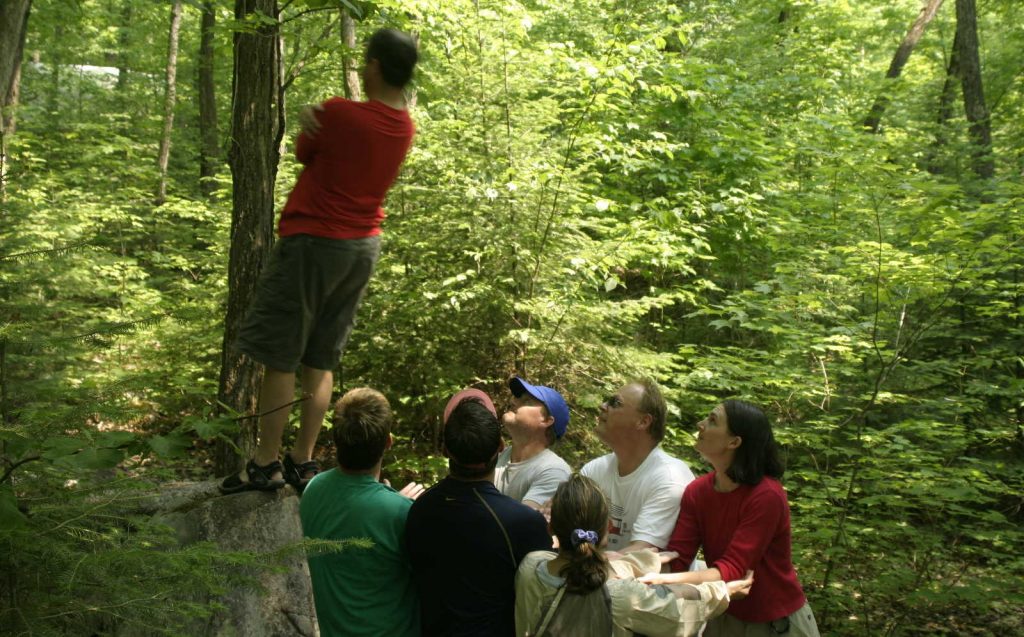Follow Our Process for Engaging Meetings
Our facilitation team are educators and business people. With decades of teaching and facilitation experience we have developed processes that can take any organization or community through a process of strategic planning. Use these principles to inspire your team and create a meeting where everyone is engaged:
1) Set the Context
Be clear about the reason you are bringing people together, and the outcomes you want to achieve. Knowing the purpose and parameters of your meeting enables you to consider and choose the most important elements to realize your goals: ie. who should be part of the conversation, which themes or questions are most pertinent, methods of collecting and reporting insights and action plans.
2) Create Hospitable Distraction-Free Meeting Spaces
It is vital to create a hospitable space—one that feels safe and inviting. When people feel comfortable to be themselves, they do their most creative thinking, speaking, and listening. In particular, consider how your invitation and physical set-up of spaces contributes to creating a welcoming atmosphere. Disconnect to connect. Appreciate the opportunity to connect face to face without the distraction of hand-held devices. At the Edge we set up a variety of unplugged conversation ‘stages’ in a variety of settings that set teams up for meaningful dialogue.
3) Focus on Questions that Matter
Knowledge emerges in response to compelling questions. Find questions that are relevant to the real-life concerns of your group. Powerful questions help attract collective energy, insight, and action. Depending on the timeframe available and your objectives, you may explore aspects of a single question in multiple conversation groups or pursue several rounds of conversation. Plan for spontaneity. Stay true to the theme and schedule, but allow for serendipity and take opportunities to discuss important side issues that emerge.
4) Inspire Everyone’s Contribution
Conversation hosts are encouraged to open the doorway to everyone’s voice being heard. Encourage everyone in your meeting to contribute their ideas and perspectives, while also allowing anyone who wants to participate by simply listening to do so. Hosts welcome and introduce new visitors to the stage and provide updates on ideas being discussed. Encourage participants to keep their contributions concise, getting to the kernel as quickly as possible and to look for connections with previous speakers and their ideas. Capture the ideas shared.
5) Connect Diverse Perspectives
Participants are invited to approach conversations with a learner’s mindset. Evolve your thinking and form new ideas, gain fresh insight and share diverse ideas. Social physics enables participants to carry key ideas or themes to new conversations, where they can exchange perspectives, greatly enriching the possibility for surprising new insights. Strong disagreeing sentiments can yield surprising insights. In cases where a listener disagrees with an idea being shared, encourage the alternative thinker to put their thoughts into the form of a question to get to the heart of the difference of opinion. Encourage participants to move between stages, meet new people, actively contribute their thinking, linking discoveries and insights to ever-widening circles of thought.
6) Listen for Patterns and Insights
The quality of listening is perhaps the most important factor determining the success of your Compass Conversation. Practice shared listening and pay attention to themes, patterns and insights. Encourage people to listen for what is not being spoken along with what is being shared.
7) Celebrate Collective Discoveries
Conversations held at one stage reflect a pattern of wholeness that connects with the conversations at the other stages. The last phase of Compass Conversations, Mapping the Way Forward involves making this pattern of wholeness visible to everyone in a large group conversation. Invite a few minutes of silent reflection on the patterns, themes and deeper questions experienced in the small group conversations and call them out to share with the larger group. Make sure you have a way to capture the ideas and celebrate the wisdom of your community.

Are you looking to plan the ultimate corporate retreat?
Our comprehensive guide walks you through everything from picking the perfect location, planning activities and team games, creating meaningful agendas, and more. With years of experience in hosting executive retreats, delivering team-building and strategic planning retreats – we know what it takes to make your corporate retreat one that will be remembered for years to come.
A copy of our Corporate Retreat Planning Guide is on its way to your inbox.



